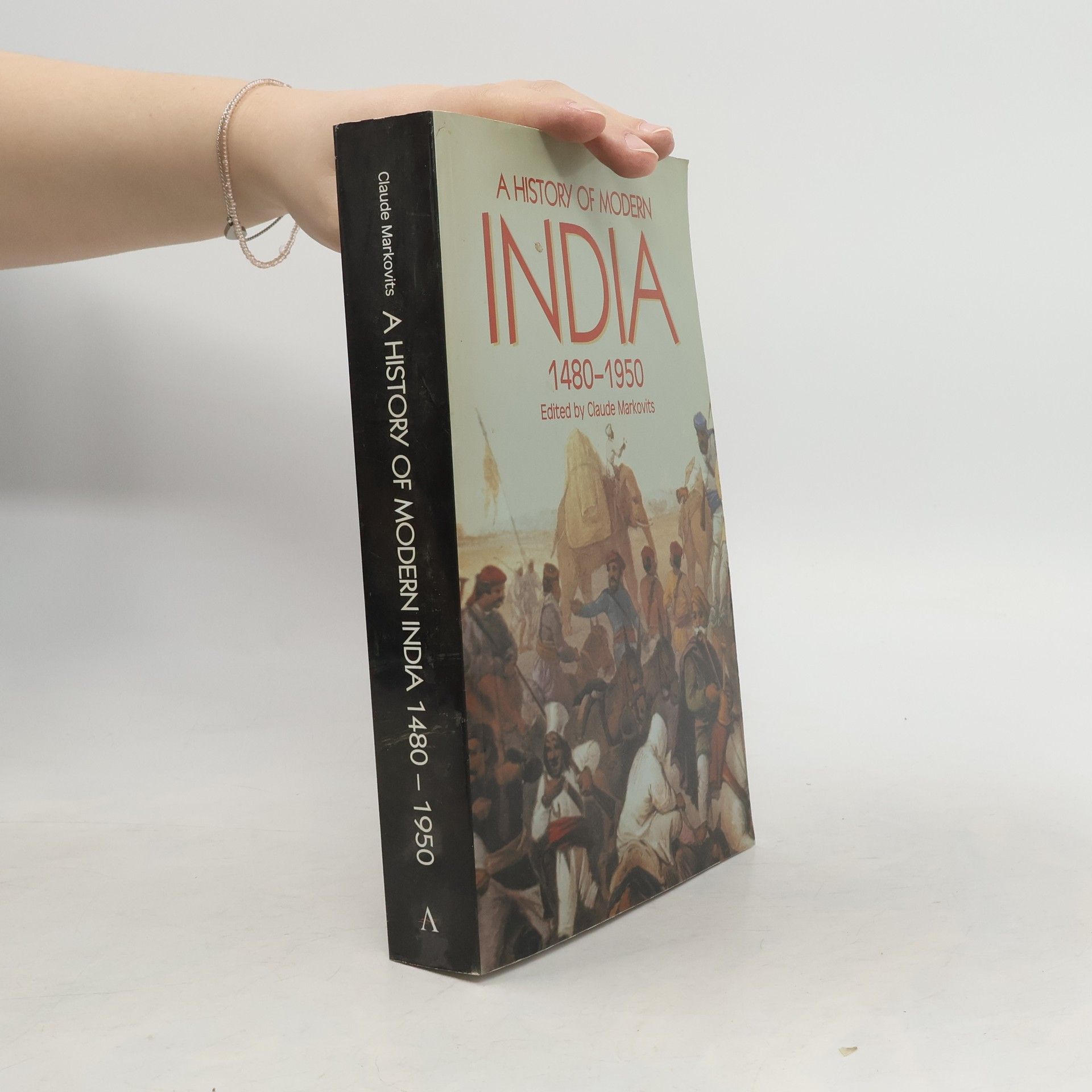This pioneering history of modern India explores a multiplicity of connections between India and the world. Situating India in global context over two and a half centuries, Claude Markovits challenges dominant state-centred histories by focusing on the lived experiences of people who circulated between India and the outside world.
Claude Markovits Bücher





The Global World of Indian Merchants, 1750 1947
Traders of Sind from Bukhara to Panama
- 344 Seiten
- 13 Lesestunden
The book explores the evolution of merchant communities in Sind, highlighting their significant role in shaping regional trade dynamics and their connections to the global economy. It delves into the historical context of these communities, examining their economic practices, cultural exchanges, and the impact of globalization on local trade networks. Through detailed analysis, it provides insights into the interplay between local merchants and broader economic trends.
Stresses The Paradoxical Modernity Of Gandhi`S Anti-Modernism. Gandhi Emerges As A Polysemic Figure, Open To Different And Even Contradictionary Interpretations Which Make Him Of Enduring Contemporary Value.
A History of Modern India provides a comprehensive chronological analysis of India's vibrant and diverse history.As well as analysing the major empires of modern India, from the Mughals to the Raj, A History of Modern India considers the economic, social and intellectual dynamism that accompanied intervening periods of political fragmentation, such as the eighty years that separated the Mughal and the British regimes.Finally, the book explores the difficulties confronting the rise of Indian nationalism and the consequent confrontation between religious communities: what should have been the crowning victory of a pacifist anti-colonial movement was instead resolved tragically with the violence of Partition in 1947.
Indian Business and Nationalist Politics 1931 39
The Indigenous Capitalist Class and the Rise of the Congress Party
- 244 Seiten
- 9 Lesestunden
Focusing on the intersection of indigenous entrepreneurship and political nationalism, this study explores how local businessmen adapted to the evolving political landscape in India. It examines their strategies, challenges, and contributions during a time of significant social and economic change, highlighting the resilience and agency of these entrepreneurs in shaping their futures amidst rising nationalism. The book provides valuable insights into the dynamics of business and politics in a historical context.